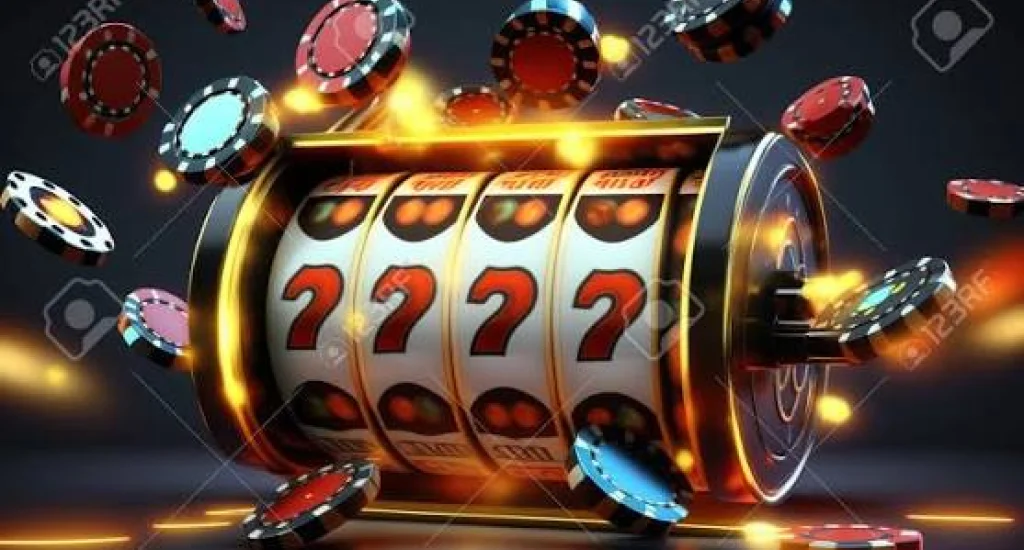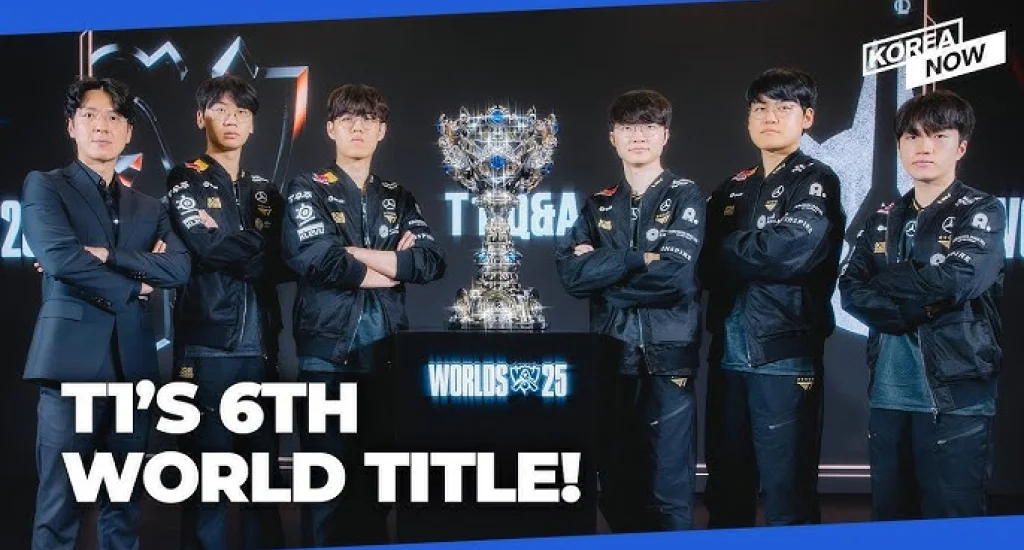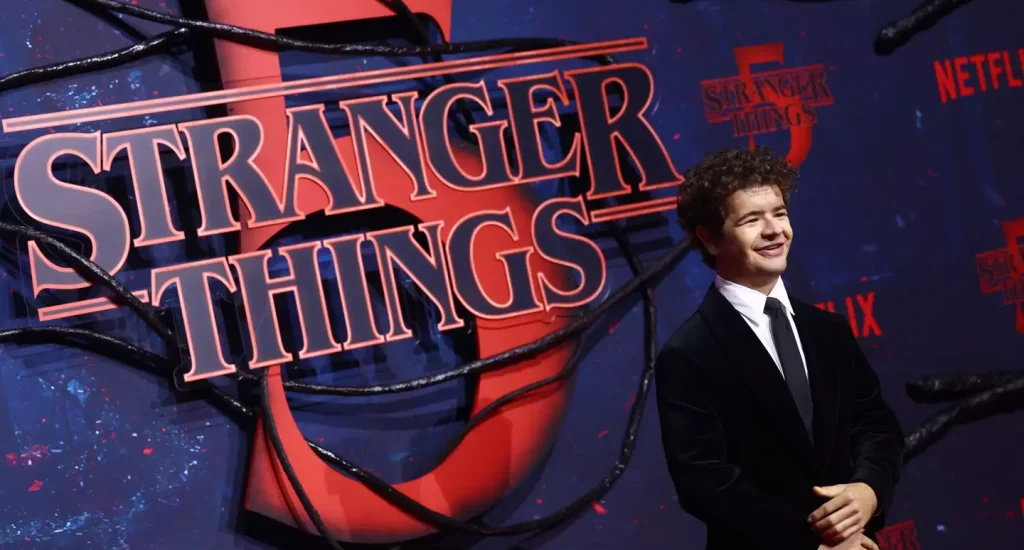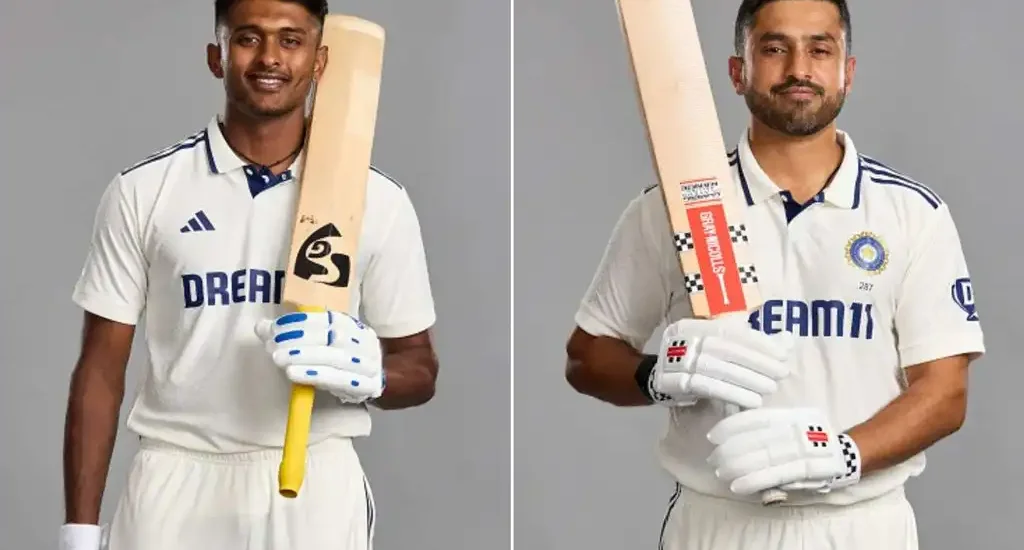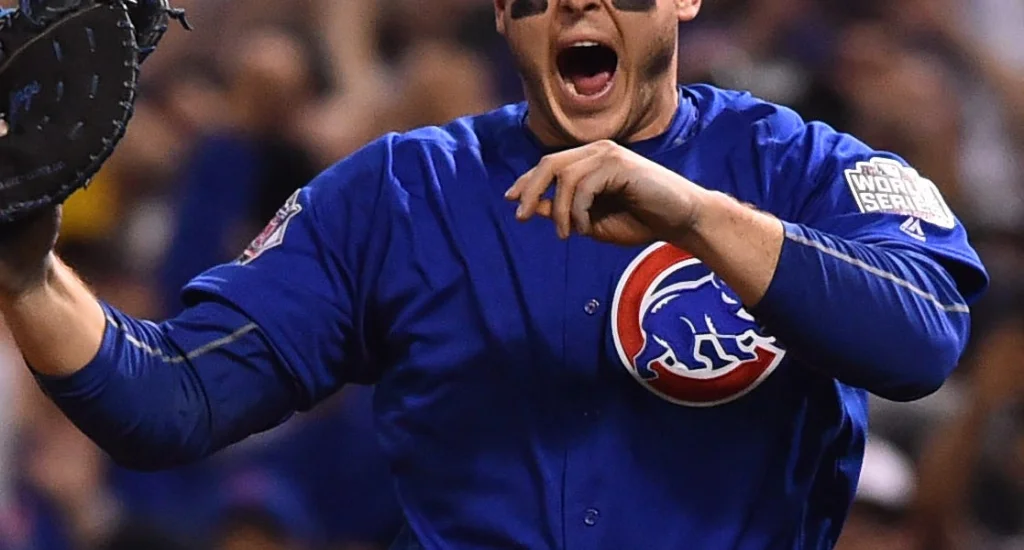
Anthony Rizzo Twitter:
Anthony Rizzo career transcended statistics—proving that legacy is measured not just in home runs, but in the hearts you touch along the way.
The September afternoon felt more like a family reunion than a retirement ceremony. As Anthony Rizzo stepped onto the Wrigley Field grass wearing his iconic No. 44 jersey—signed by every child he'd visited at Lurie Children's Hospital—the weight of a decade's worth of memories hung in the Chicago air.
From Pinstripes Back to Cubbie Blue
The decision to retire wasn't made in a boardroom or through an agent's phone call. It unfolded naturally, the way most authentic things do. After the New York Yankees declined his $17 million option for 2025, paying him a $6 million buyout instead, Rizzo found himself at a crossroads that many aging athletes face—but few navigate with such grace.
"I think the timing of everything just played itself out," Rizzo told Marquee Sports Network, his voice carrying the peace of a man who knew when the story was complete. "I was looking for a really good opportunity, obviously, to play, and it just didn't come to fruition."
"After we won the World Series, we knew. Being here, you hear all the stories from all the fans. The Cubs Conventions, just walking in, the fans, it's overwhelming. It's amazing. And when we won, that global impact we had on a fan base, on generations of Cubs fans, it's still lasting."
— Anthony Rizzo
The Numbers Tell Only Half the Story
Baseball is a game of statistics, and Rizzo's are impressive enough for any Hall of Fame debate—303 home runs, 965 RBIs, and a .261 batting average across 1,727 games. Three All-Star appearances. Four Gold Gloves. A Silver Slugger. The prestigious Roberto Clemente Award in 2017.
But those who watched him play—really watched him—know that Rizzo's greatest achievement can't be measured in WAR or OPS. It happened on November 2, 2016, when he caught Kris Bryant's throw at first base for the final out of the World Series, ending a 108-year championship drought that had haunted generations of Cubs fans.
Just as Spike Eskin shaped Philadelphia's sports radio landscape through authentic connection with his audience, Rizzo built his legacy on genuine relationships—with teammates, fans, and especially with children fighting the same disease he'd conquered as an 18-year-old.
The Road Through Darkness
In April 2008, when most teenagers were worried about prom dates and college applications, Rizzo was diagnosed with limited-stage classical Hodgkin's lymphoma. Six months of chemotherapy. Uncertainty that would have crushed most young athletes. But on September 2, 2008, his doctor delivered the word every patient longs to hear: remission.
That battle shaped everything that followed. The Anthony Rizzo Family Foundation wasn't just a charitable tax write-off—it became his life's work parallel to baseball. His 2017 Walk-Off for Cancer raised $960,000. By the time he wore that signed jersey at his retirement ceremony, he'd impacted hundreds of young lives, proving that surviving cancer gives you more than a second chance—it gives you purpose.
The Final Season That Never Was
The 2024 season was cruel in its way. Limited to just 92 games by a broken arm suffered in a June collision with Red Sox pitcher Brennan Bernardino, Rizzo watched his batting average drop to .228—his worst showing since his rookie year. Then, in the season's penultimate game, Pittsburgh's Ryan Borucki hit him with a pitch that fractured two fingers on his right hand.
Most players would have called it a career right there. Rizzo returned for the ALCS and World Series, providing what Yankees manager Aaron Boone called better offensive performance than expected. In 10 postseason games, he collected eight hits in 30 at-bats, walking six times and reminding everyone why heart matters as much as health in October baseball.
Similar to how Breece Hall fights to reclaim his NFL promise after setbacks, Rizzo refused to let injuries define his final chapter.
Saturday at Wrigley: A Perfect Ending
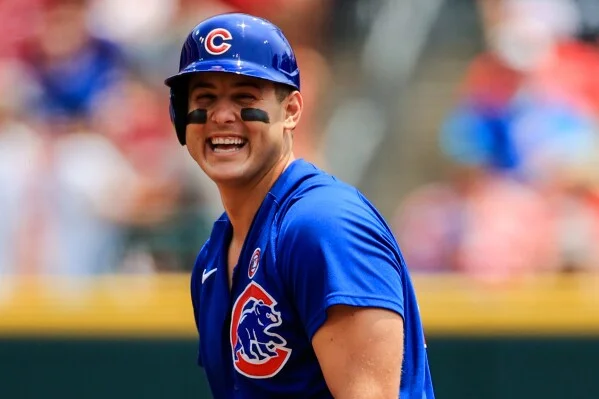
When the Cubs honored Rizzo on September 13, 2025, it wasn't scripted pageantry—it was pure Chicago. He threw out the ceremonial first pitch to former teammate Ian Happ, then did exactly what he promised he would do: sat in the left-field bleachers, ate a hot dog, drank beer, and started a beer snake.
Joined by supermodel Cindy Crawford and Pearl Jam's Eddie Vedder, Rizzo sang "Take Me Out to the Ballgame" during the seventh-inning stretch. When rookie Moisés Ballesteros launched his first career home run, it sailed directly toward Rizzo's section. The ball bounced off his right hand—the same hand that had caught the final out of the 2016 World Series—and into a nearby fan's grasp.
"Seeing him, seeing his nice butt from behind," Rizzo joked on the Cubs broadcast later. "He's got a big dumper, that's for sure." Classic Rizzo—making everyone laugh even during his own retirement party.
What the Market Told Him
There's an uncomfortable truth in Rizzo's free agency journey that speaks to larger questions about how we value experience and loyalty in professional sports. When teams offered him essentially league minimum—$760,000—for his services, Rizzo saw it clearly.
"The fact that teams want you to play for basically league minimum, I'm like, you guys are crazy," he told Ken Rosenthal of The Athletic. "You're almost trying to ruin the market for the next guy."
"I've definitely thought about it. I think I have a lot to give to the game still. But at the same time, if teams are not going to want to pay a few million dollars for veterans, I've seen it the last 10 years of my career."
— Anthony Rizzo on considering retirement
It wasn't just about money—Rizzo had earned over $135 million across his career. It was about respect. About recognizing that a veteran presence in the clubhouse, a four-time Gold Glover who could still anchor a defense, had value beyond his declining offensive numbers.
The Ambassador Years Begin
Cubs executive chairman Tom Ricketts didn't just offer Rizzo a ceremonial title. The ambassador role places him alongside legends like Ernie Banks, Ryne Sandberg, Billy Williams, and Kerry Wood—men who understand that wearing the Cubs uniform is a lifelong commitment, not just a contractual obligation.
"Anthony Rizzo was the face of one of the most successful eras in Chicago Cubs history," Ricketts said in a statement, "and we are so excited he will be a part of our organization for many years to come."
For Rizzo, 36, and his wife Emily Vakos—who welcomed their first child this summer—the decision offered something more valuable than another season chasing unlikely playoff dreams: stability. Time with family. The chance to watch his son grow up in Chicago, surrounded by the community that embraced his father as more than just a ballplayer.
The Bryzzo Era's Lasting Impact
Cubs manager Craig Counsell, who managed against Rizzo for six-plus years while skippering the Brewers, saw what opposing teams rarely appreciated: "It always felt like he was in the middle of everything. He was just a really good baseball player. He was a 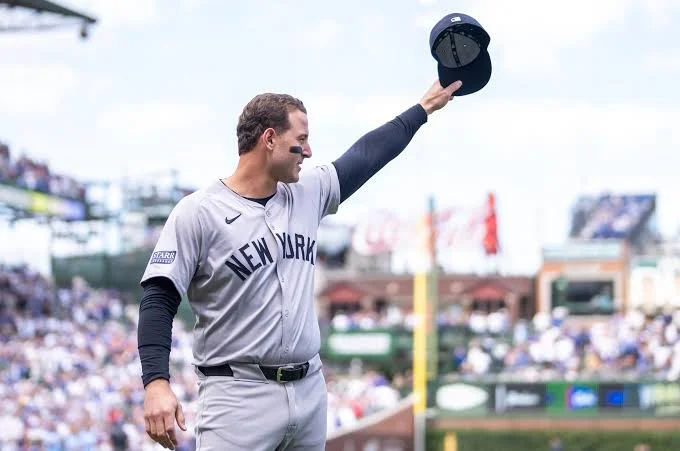 great defender. How he handled bunts, he was always a very challenging player to deal with."
great defender. How he handled bunts, he was always a very challenging player to deal with."
The partnership between Rizzo and Kris Bryant—affectionately dubbed "Bryzzo" by Cubs fans—defined an era. They were Chicago's answer to Jeter and Bernie Williams, Piazza and Sheffield. Two young stars who grew into champions together, their chemistry as natural off the field as on it.
Rizzo received "beautiful" messages from former teammates like Kyle Schwarber, Bryant, and Javier Báez after his retirement announcement. In a sport where teammates are often just temporary coworkers, those relationships revealed something deeper—a brotherhood forged in the pursuit of something greater than individual glory.
Beyond the Lines
Current Cubs second baseman Nico Hoerner captured the essence of what Rizzo's presence will mean in his new role: "I don't know what capacity he'll be around the organization moving forward but it's so cool to have people around, whether it's legends like Billy Williams or (Sandberg) or whoever it is that just remind you of the impact that can be had in the organization and the joy that can be created for fans."
That impact extended far beyond Wrigley Field's ivy-covered walls. Rizzo's foundation work, his hospital visits, his willingness to be vulnerable about his cancer journey—these became as much a part of his identity as his left-handed power stroke.
Ian Happ shared a story that encapsulated Rizzo's humanity: When Happ's father died of brain cancer in 2015, Rizzo was there. When Happ hit an emotional Father's Day home run in 2017 as a rookie, Rizzo understood the weight of that moment without a word needing to be spoken.
Much like how Marshawn Kneeland's journey touched hearts beyond football, Rizzo's impact transcended baseball statistics.
The Legacy Question
Will Anthony Rizzo make the Hall of Fame? The numbers say probably not—his career WAR of 44.2, while impressive, falls short of the typical Cooperstown threshold. His peak years, brilliant as they were from 2014 to 2016, didn't extend long enough to build the overwhelming statistical case.
But legacy isn't always measured in bronze plaques. It's measured in the cancer patient who found hope in Rizzo's story. In the young Cubs fan who learned that heroes can be human, vulnerable, and all the more admirable for it. In the 2016 championship that remains Chicago's most celebrated sports moment of the 21st century.
Rizzo's 242 home runs with the Cubs rank sixth in franchise history, behind only Sammy Sosa, Ernie Banks, Billy Williams, Ron Santo, and Ryne Sandberg. That's not just good company—it's Mount Rushmore territory for the North Side.
What Comes Next
"There's no more stress," Rizzo said with a smile when asked about retirement. "I just get to enjoy a baseball game. I'll have a hot dog, I'm gonna have a beer and I'm gonna really just take it all in."
For an athlete who spent 14 years under the microscope, who played through broken bones and concussions, who carried the weight of ending a 108-year drought, that simple pleasure might be the greatest reward. The freedom to watch baseball the way he first fell in love with it—as a fan, not a performer.
The Cubs will open their 2026 season with Rizzo in an ambassador role, connecting with fans, mentoring young players, and continuing his philanthropic work. He'll throw out first pitches, sign autographs, and remind everyone who sees him why sports matter beyond wins and losses.
As Colin Cowherd often argues on Twitter, the greatest sports figures are those who transcend their sport. Rizzo accomplished that not through controversy or headline-grabbing antics, but through consistent humanity, authentic connection, and the understanding that the platform matters less than what you do with it.
A Final Word
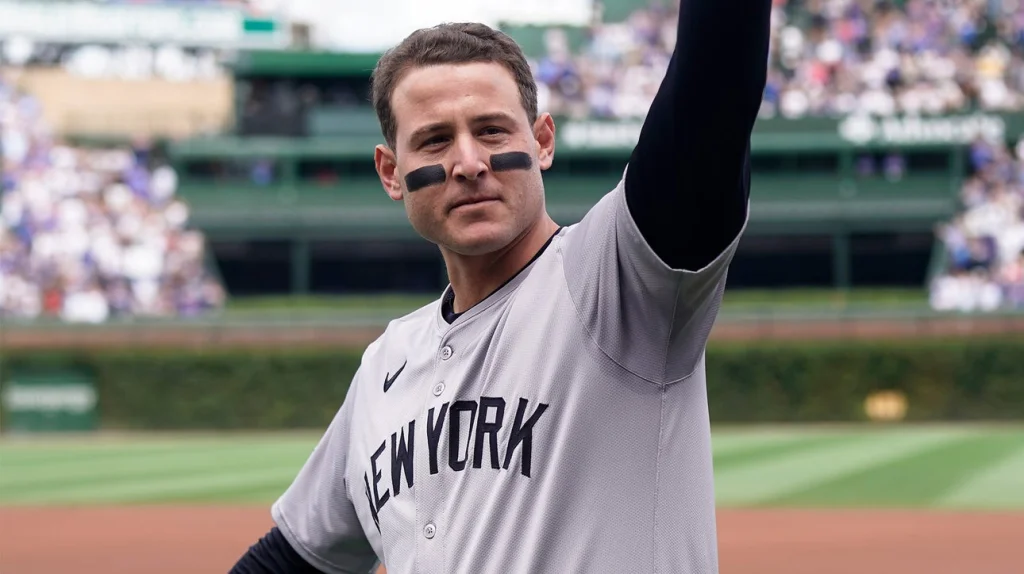
When Anthony Rizzo walked off Wrigley Field for the last time as an active player, the September sun setting over the Chicago skyline, he left behind more than statistics. He left behind a blueprint for how to be a professional athlete in the modern era—how to balance excellence with accessibility, competition with compassion, ambition with authenticity.
In an industry increasingly dominated by analytics and cold calculation, Rizzo remained stubbornly, beautifully human. He celebrated too loudly, cared too deeply, and refused to pretend that baseball was anything more than a game played by people with real lives beyond the white lines.
The cancer survivor who became a champion. The first baseman who caught history in his glove. The philanthropist who measured success in smiles, not statistics. Anthony Rizzo's retirement marks the end of a playing career but the continuation of something far more important—a life dedicated to proving that greatness is as much about character as it is about talent.
"When we won the World Series, I remember just thanking all the guys that were part of this organization before that, that didn't get lucky enough for the good bounce or for the rain delay or for the strike-three call that was called ball four."
— Anthony Rizzo, honoring those who came before
Welcome home, Rizz. The bleachers saved you a seat.
For more stories about athletes who define their sports through humanity and resilience, visit reporters.bode.ng. Similar coverage includes how Dave Wasserman became America's most trusted election analyst and the rise of Marvel Rivals on social media.
Related Articles
